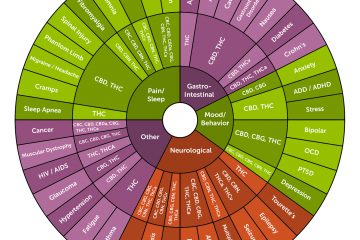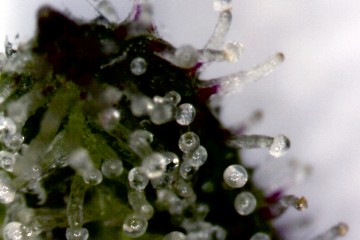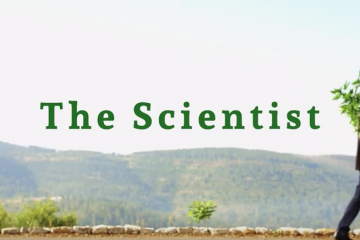Scientists Discover Gene For Happiness — And It’s Related To Marijuana

A gene responsible for the effects of marijuana may explain why some people are naturally happier than others, a new study suggests.
Scientists in Japan measured happiness levels among nearly 200 individuals and found those who carried a variation of the gene were happier on average and responded more positively to emotional cues.
The gene that was identified encodes for the CB1 receptor, the pathway in the brain responsible for the marijuana high.
“The human cannabinoid receptor 1 genotypes are closely related to two aspects of happiness,” wrote the researchers. The study was published this month in the open-access journal PLOS ONE.
CB1 receptors are highly concentrated in the brain and act to alter appetite, pain, mood and memory.
According to the team, a polymorphism of the CB1 receptor gene may enhance an individual’s response to cannabinoids, which are the chemicals that activate the pathways. Over 60 different cannabinoids have been identified in marijuana, with THC usually present in the highest concentration.
But the study didn’t involve smoking marijuana. As it turns out, the human body produces a number of cannabinoids of its own.
Like THC, these natural compounds act on various regions of the brain related to happiness and seem to function as mood regulators. In fact, one of the first cannabinoids discovered in humans, anandamide, takes its name from the Sanskrit word ‘ananda’, meaning bliss or delight.
Interestingly, when the researchers scanned the brains of individuals with the variant gene, they observed higher levels of activity in areas that regulate positive feelings.
Being more prone to the effects of cannabinoids and, in turn, positive emotions may explain why individuals with the polymorphism are generally happier, the team suggests.
The researchers conclude that those with the variant CB1 gene likely have a “high sensitivity to positive emotional events” and thus “positive life events may be more abundant” for these individuals.
Article Source: Leafscience.com





No Comment